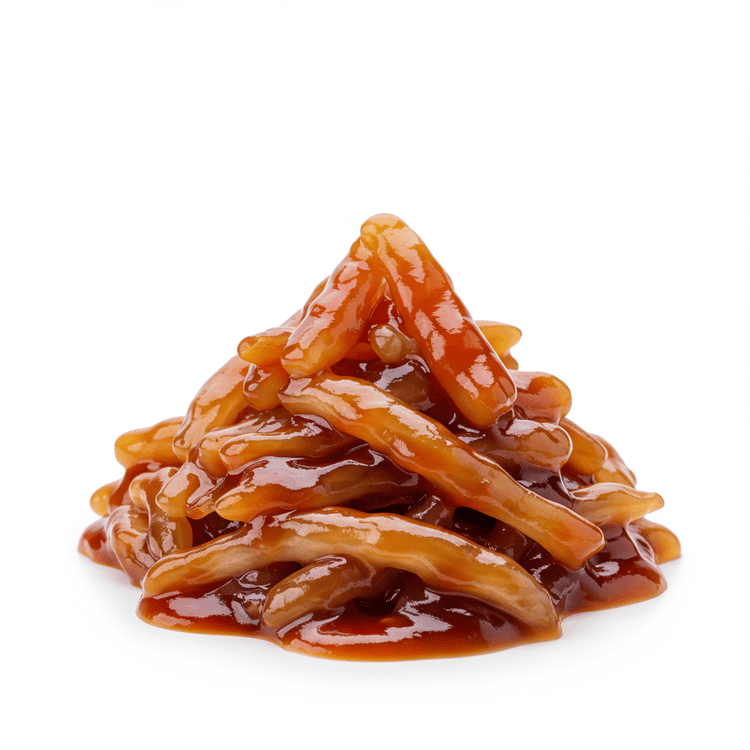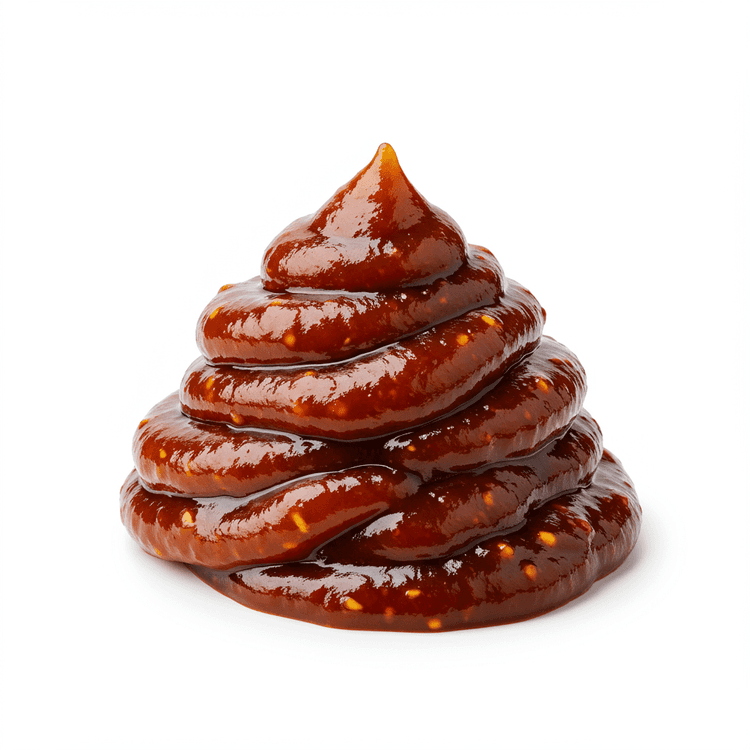
Stir-Fry Sauce
Stir-fry sauce is a flavorful and versatile condiment, typically a blend of soy sauce, sugar, ginger, garlic, and sometimes chili, used to coat and season stir-fried dishes. Its flavor profile ranges from savory and umami to sweet and spicy, creating a balanced taste. The texture is usually thick and glossy, allowing it to cling to vegetables, proteins, and noodles, creating a delicious and visually appealing meal. Find the best stir fry sauce recipe for your Asian-inspired dishes and elevate your cooking.
Common Uses
- A common use is to create vegetable stir-fries; coat broccoli, carrots, bell peppers, and other vegetables with the sauce for a quick and easy side dish or main course.
- To flavor protein stir-fries, add stir-fry sauce to chicken, beef, shrimp, or tofu and stir-fry until cooked through. This adds a savory and appealing glaze.
- It is also frequently used in noodle stir-fries; toss cooked noodles, such as ramen or udon, with stir-fry sauce, vegetables, and protein for a complete meal.
- As a marinade for grilled meats. Marinate chicken, pork, or beef in stir-fry sauce before grilling to enhance flavor and tenderize the meat.
- Drizzle the stir fry sauce over rice dishes, such as fried rice or steamed rice, to add flavor and moisture.
- It may also be used as a dipping sauce for spring rolls, dumplings, or other appetizers.
Health Benefits
- Source of antioxidants from ingredients like garlic and ginger, potentially helping to combat free radicals.
- Can be lower in sodium compared to some soy sauce-based alternatives, promoting healthier blood pressure levels.
- May contribute to digestive health due to ingredients like ginger and vinegar.
- Offers a complex flavor profile that can enhance vegetable consumption, contributing to a more balanced diet.
- Can provide small amounts of vitamins and minerals depending on specific ingredients used.
Substitutes
Chefadora AI is here.
Experience smarter, stress-free cooking.
Storage Tips
Commercially prepared stir-fry sauces typically contain preservatives and should be stored in a cool, dark place before opening. Once opened, refrigerate immediately and use within the timeframe specified on the label, usually several weeks. Homemade stir-fry sauces, made without preservatives, should be refrigerated immediately after preparation and consumed within 3-5 days for optimal freshness and safety.
Marnirni-apinthi Building, Lot Fourteen,
North Terrace, Adelaide, South Australia, 5000
Australia


